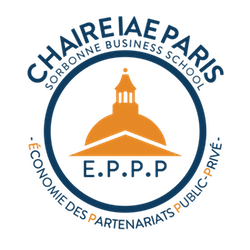The Quality of Governance and the Use of Negotiated Procurement Procedures: Evidence from the European Union
Eshien Chong, Michael Klien and Stéphane Saussier – The Quality of Governance and the Use of Negotiated Procurement Procedures: Evidence from the European Union
Abstract: A key phase in any public-private contracting setting involves the selection of a private contracting partner. Although open competitive tenders (open auctions) are usually the preferred mechanism, recent developments in the academic literature have pointed out that alternatives mechanisms, such as restricted competitive tenders or negotiations, may in fact be a better way to select a private contractor when the contract to be awarded is difficult to specify (Goldberg, 1977; Kelman, 2005; Bajari et al., 2009).
The discretion associated with negotiations is, however, often supposed to provide room for corruption and favoritism. In this paper, we investigate the trade-off between classical open competitive tenders, restrictive competitive tenders and negotiations. In particular, we study how institutions can affect this trade-off. To this end, we use a European data set on more than 280 000 public procurement contracts in 27 European countries between 2008 and 2012, combined with a new dataset on institutional quality and corruption that expands the World Bank Indicators (Kaufmann et al., 2010) to the regional level. Our results suggest that the use of public procurement contracts that are directly negotiated without any call for competition are significantly associated with environments that do not provide a good quality of governance (i.e. regions and countries with prevalent corruption). We also show that restricted auctions and negotiation for competition are positively associated with complex transactions and a strong institutional environment. This suggests that the contract aw ard mechanism should be tailored to the institutional environment.
